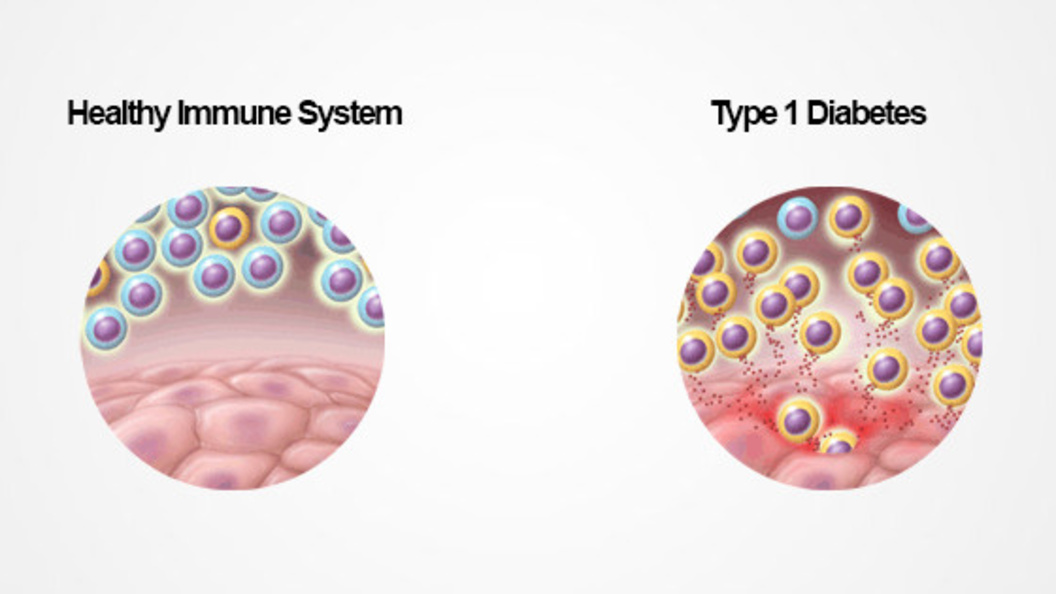For contributors:
The login link has changed to secure the site from spammers and hackers. Please send a message using the Contact Form to receive the new login link.
If you wish to be a contributor, please submit an application at CONTRIBUTOR APPLICATION.
Curing Type 1 Diabetes
Diabetes is a particularly nasty disease. By itself, it’s the seventh leading cause of death in the United States, killing more than 75,000 Americans every year. But it’s also a major cause of hypertension (high blood pressure), heart attacks, strokes, blindness, kidney disease, and amputations. As such, it contributes to the deaths of several hundred... CONTINUE READING→
Male “Prenatal” Vitamins: More Than Just a Pill
For how long have women been taking “prenatal” vitamins? Maybe a decade? Nope. A link between vitamin deficiency and pregnancy outcomes was postulated 70 years ago! And studies showing fewer neural tube defects in babies following maternal folic acid supplementation are now almost 40 years old. Indeed, prenatal vitamins have become a clutch player in the world of preventative medicine.... CONTINUE READING→
Seeking Solutions for Health Disparities
Advances in medicine and technology provide opportunities for millions of people to live longer, healthier lives – but only if they actually respond well to the therapies and can use them in ways that take into account their particular circumstances. Sadly, many people in certain racial and ethnic groups aren’t seeing the full benefits of healthcare advances. April... CONTINUE READING→
The Future of Wound Healing
Every year, millions of Americans suffer skin-breaking wounds that are serious enough to require medical care from falls, accidents, or deliberate attacks. And millions more have wounds that are caused by surgery. Many heal just fine on their own, but not all do. For thousands of years, humans have sought out new and horrific ways... CONTINUE READING→
Powerhouse Greens You Should be Adding to Your Diet
The ground has finally thawed, and it seems the time for planting our kitchen gardens has finally arrived. But even if you aren’t looking to ‘growing your own’, markets and farmers stands offer an expansive selection of vegetables to choose from. With all that is available to choose from, what are our best bets for health? When in... CONTINUE READING→
What Happens When Boys Become Men
Let’s talk for a moment about life cycles. Companies have them, markets have them, and products have them. The trajectories for many product life cycles generally progress through well-defined stages: Introduction, growth, maturity and decline. I dare say that as boys become men, their health care shows a remarkably similar curve. Men’s Health Lifecycle Don’t... CONTINUE READING→
Give Yourself a D
People have been searching for a miracle drug–a single compound that could cure all that ails us–for hundreds of years. And the search hasn’t been terribly successful. But over the past decade or so, science may have gotten as close as it ever has to that ever-elusive miracle drug. Best of all, it’s either free... CONTINUE READING→
Cut Out Soda, Cut Your Risk of Diabetes
Americans consume nearly 130 pounds of added sugars per person every year. This includes both sugar and high fructose corn syrup. These sugars lead to obesity, type 2 diabetes, hypertension and heart disease and can be found in sweetened drinks, syrup, honey, breads, and yogurts. Since the 1970’s sugar consumption has decreased 40%, this is slightly misleading since... CONTINUE READING→
Train Your Body to Want Less Salt
Many men develop a workout regimen that targets various parts of the body – legs, arms, abs – starting with low weight and repetitions and gradually easing their way up to higher ones. This works wonders for addressing one aspect of a healthy lifestyle: muscle-building exercise. But what about healthy eating?? It turns out your... CONTINUE READING→
The Underrated Importance of Clean Hands
As a parent, it’s been a constant battle to get my kids to wash their hands–whether that’s before eating, after going to the bathroom, sneezing, petting an animal, or for any other reason. And as a human being, I’m constantly restraining myself from pointing out to non-family members–especially other adults–that they need to wash their... CONTINUE READING→





